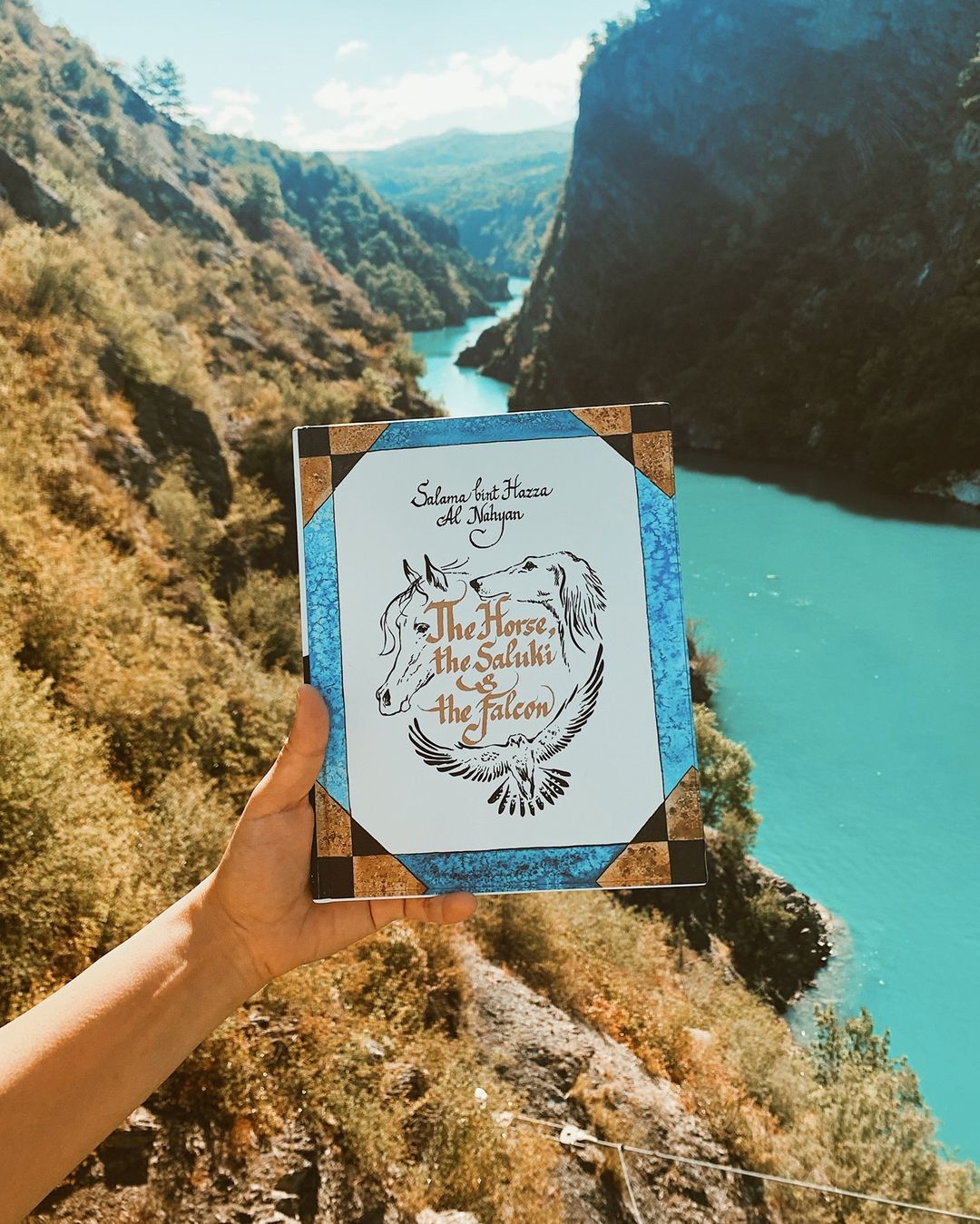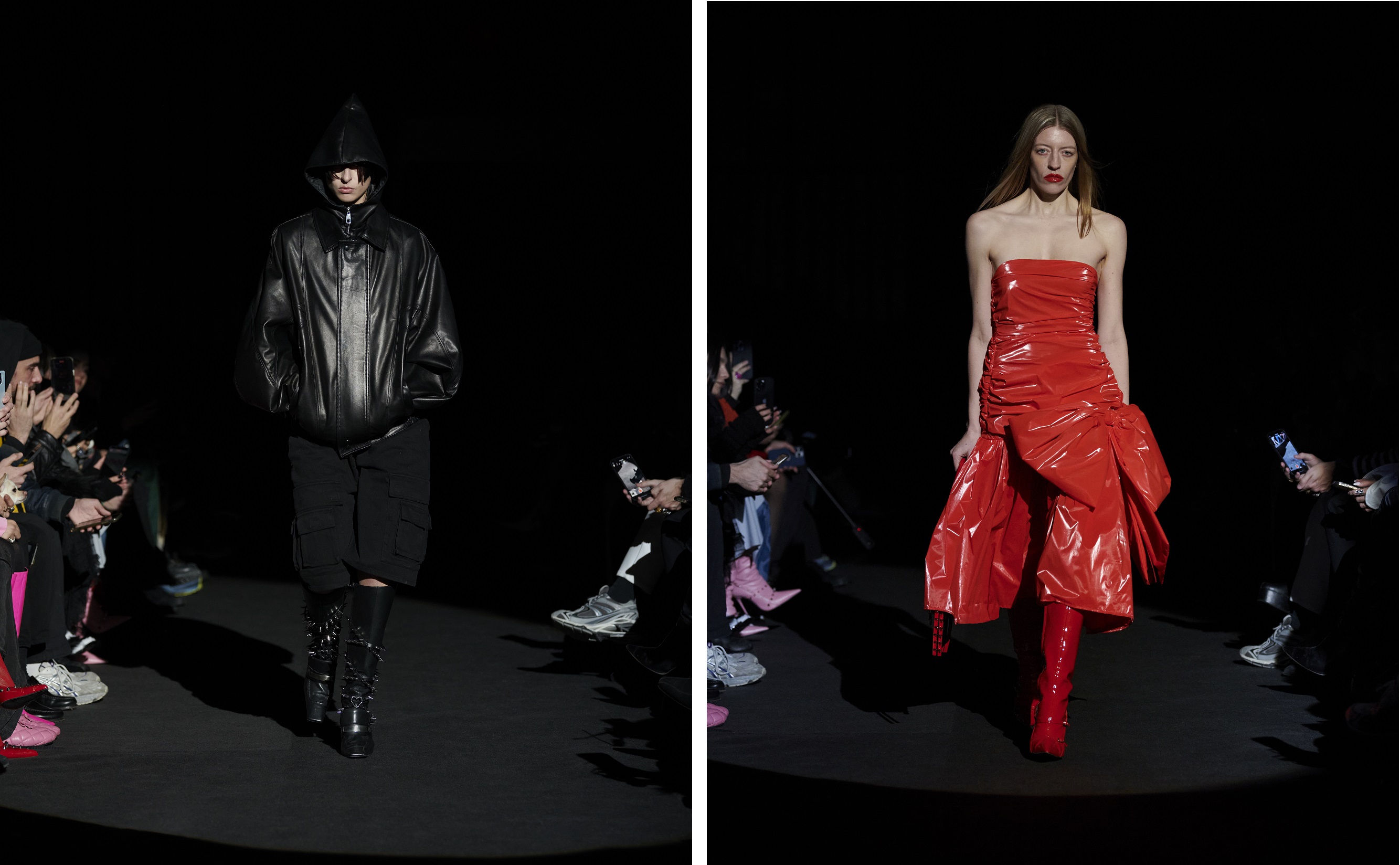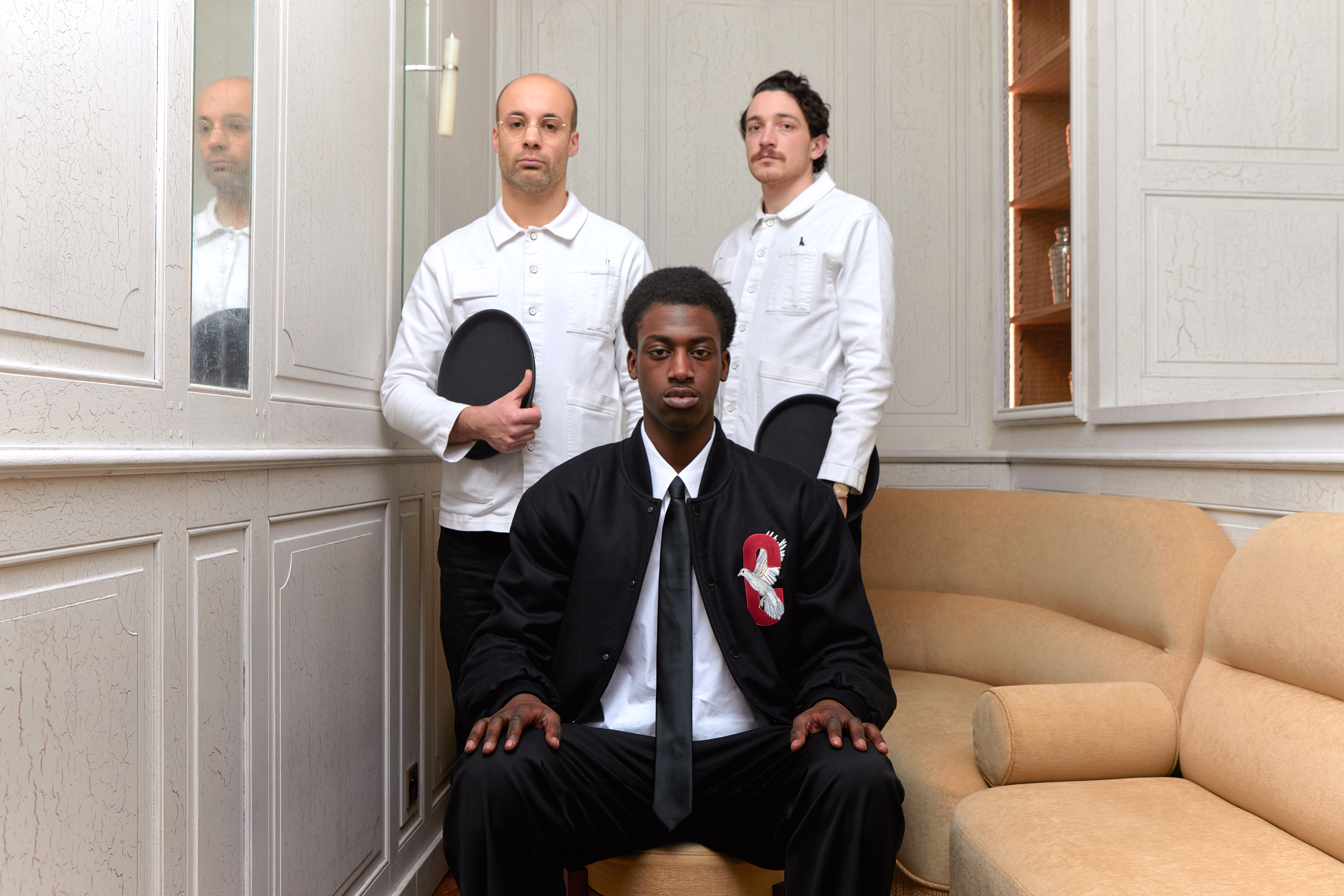Books of the Month | Month of the Books #4

"Adèle" by Leïla Slimani
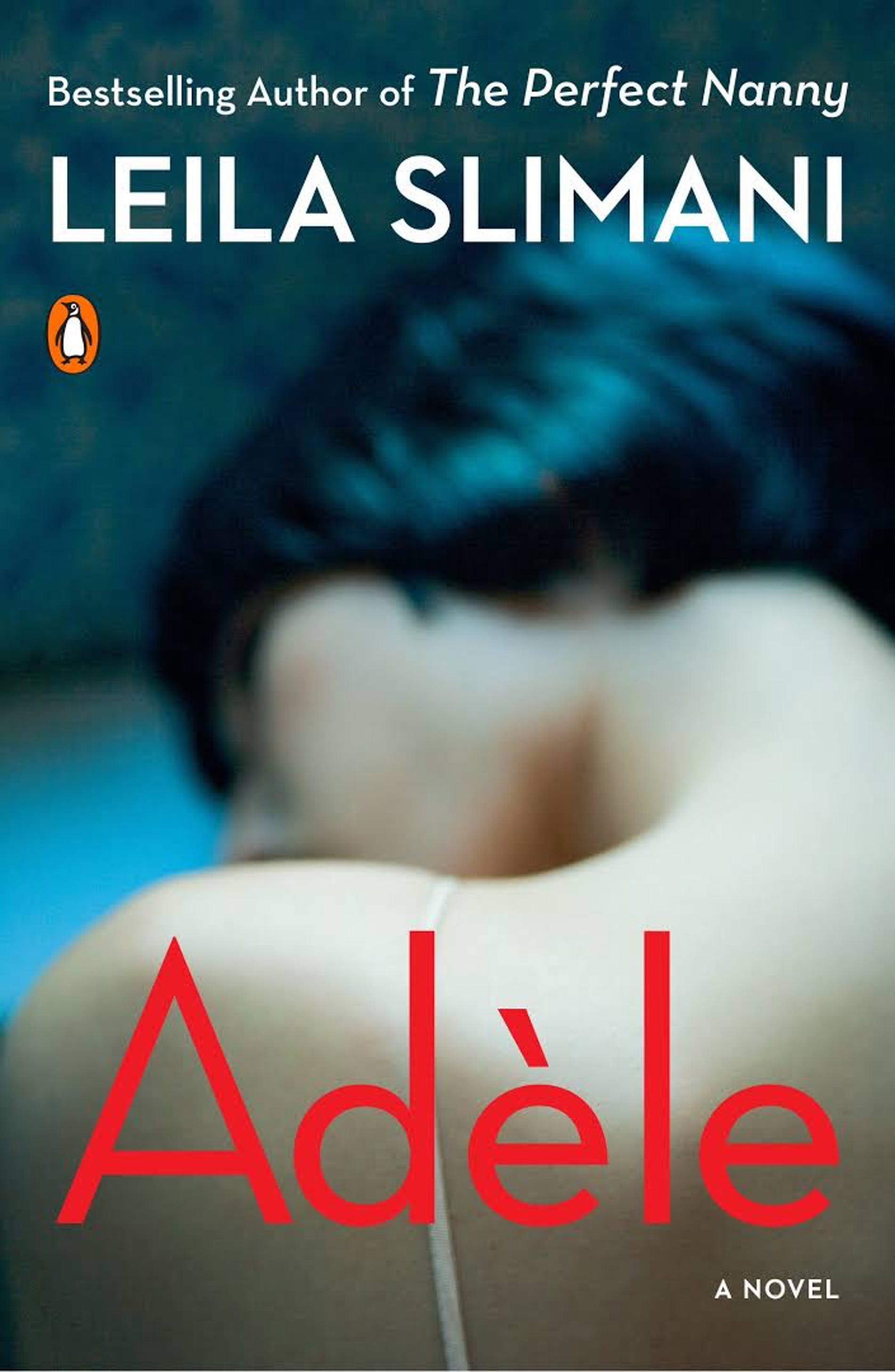
Adèle appears to have the perfect life. A respected journalist, she lives in a flawless Parisian apartment with her surgeon husband and their young son. But beneath the veneer of ‘having it all’, she is bored - and consumed by an insatiable need for sex, whatever the cost. Struggling to contain the twin forces of compulsion and desire, she begins to orchestrate her life around her one night stands and extramarital affairs, arriving late to work and lying to her husband about where she’s been, until she becomes ensnared in a trap of her own making.
An erotic and daring story - with electrically clear writing - Adèle will captivate you with its exploration of addiction, sexuality, and one woman’s quest to feel alive.
About the Author
Leïla Slimani (1981) is a French writer and journalist of Moroccan ancestry. In 2016 she was awarded the Prix Goncourt for her novel Chanson douce. Slimani was born in Rabat, Morocco and studied later political science and media studies in Paris. After that she temporarily considered a career as an actress and began to work as a journalist for the magazine Jeune Afrique. In 2014 she published her first novel Dans le jardin de l’ogre, which two years later was followed by the psychological thriller Chanson douce. The latter quickly turned into a bestseller with over 450,000 copies printed within a year even before the book was awarded the Prix Goncourt.
“Rebecca” by Daphne du Maurier
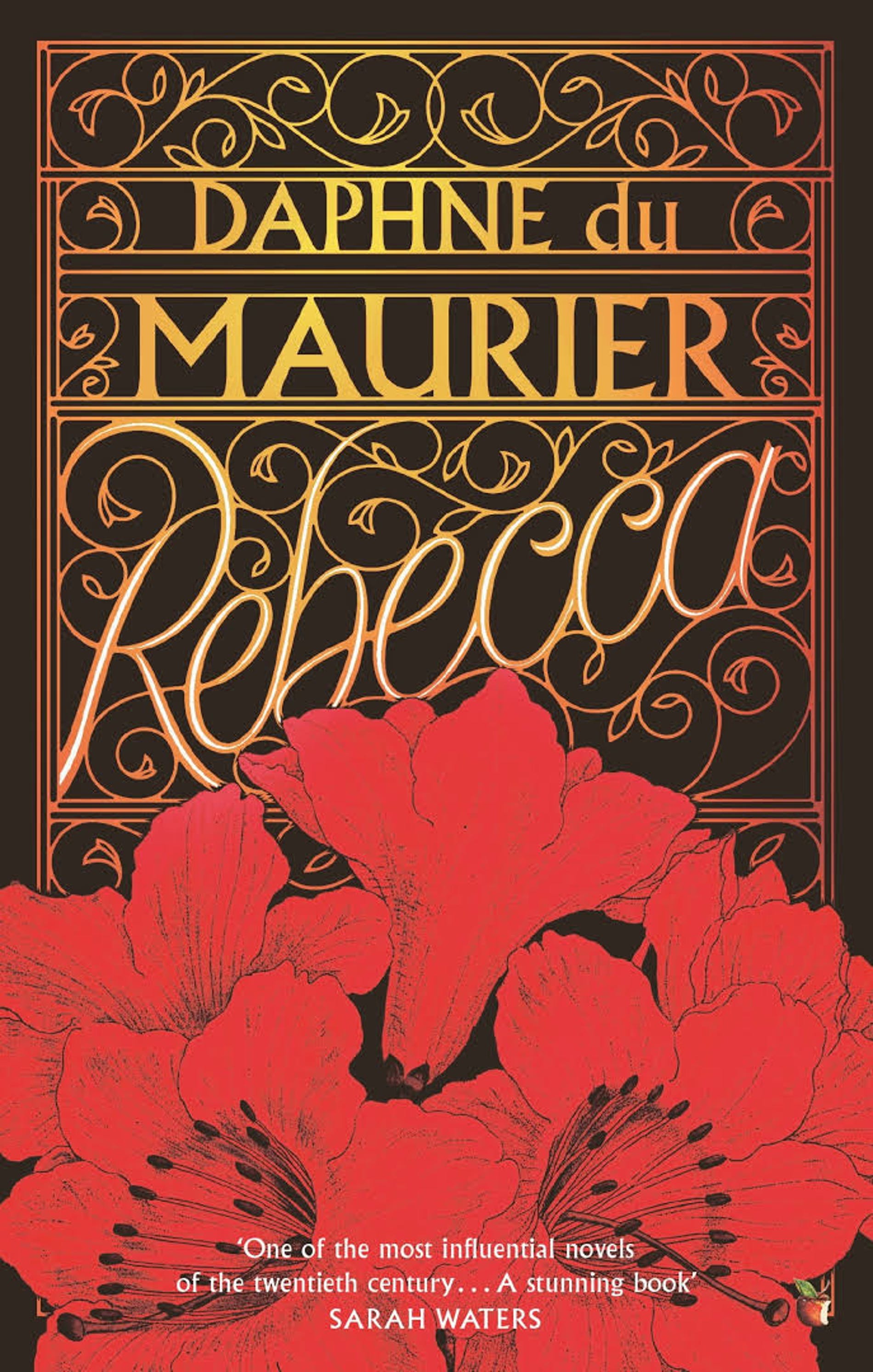
Last night I dreamt I went to Manderley again…
With these words a reader is swept up into a world of secrets and lies; one of the most passionate, psychologically twisting and complex stories of all-time.
Working as a lady’s companion, the orphaned heroine of Rebecca learns her place. Life begins to look very bleak until, on a trip to the South of France, she meets Maxim de Winter, a handsome widower whose sudden proposal of marriage takes her by surprise. Whisked from glamorous Monte Carlo to his brooding estate, Manderley, on the Cornish Coast, the new Mrs de Winter finds Max a changed man. And the memory of his dead wife Rebecca is forever kept alive by the forbidding Mrs Danvers…
Not since Jane Eyre has a heroine faced such difficulty with the ‘Other Woman’. An international bestseller that has never gone out of print, Rebecca is the haunting story of a young girl consumed by love and the struggle to find her identity.
About the Author
Daphne du Maurier (1907-1989) was an English author and playwright.
If Daphne du Maurier had written only Rebecca, she would still be one of the great shapers of popular culture and the modern imagination. Few writers have created more magical and mysterious places than Jamaica Inn and Manderley, buildings invested with a rich character that gives them a memorable life of their own.
In many ways the life of Daphne du Maurier resembles a fairy tale. Born into a family with a rich artistic and historical background, the daughter of a famous actor-manager, she was indulged as a child and grew up enjoying enormous freedom from financial and parental restraint. She spent her youth sailing boats, traveling on the Continent with friends, and writing stories. A prestigious publishing house accepted her first novel when she was in her early twenties, and its publication brought her not only fame but the attentions of a handsome soldier, Major (later Lieutenant-General Sir) Frederick Browning, whom she married.
Her subsequent novels became bestsellers, earning her enormous wealth and fame. While Alfred Hitchcock’s film based upon her novel proceeded to make her one of the best-known authors in the world, she enjoyed the life of a fairy princess in a mansion in Cornwall called Menabilly, which served as the model for Manderley in Rebecca.
Daphne du Maurier was obsessed with the past. She intensively researched the lives of Francis and Anthony Bacon, the history of Cornwall, the Regency period, and nineteenth-century France and England. Above all, however, she was obsessed with her own family history.
While contemporary writers were dealing critically with such subjects as the war, alienation, religion, poverty, Marxism, psychology and art, and experimenting with new techniques such as the stream of consciousness, du Maurier produced ‘old-fashioned’ novels with straightforward narratives that appealed to a popular audience’s love of fantasy, adventure, sexuality and mystery. At an early age, she recognized that her readership was comprised principally of women, and she cultivated their loyal following through several decades by embodying their desires and dreams in her novels and short stories.
In some of her novels, however, she went beyond the technique of the formulaic romance to achieve a powerful psychological realism reflecting her intense feelings about her father, and to a lesser degree, her mother. This vision, which underlies Julius, Rebecca and The Parasites, is that of an author overwhelmed by the memory of her father’s commanding presence.
In Julius and The Parasites, for example, she introduces the image of a domineering but deadly father and the daring subject of incest.
In Rebecca, on the other hand, du Maurier fuses psychological realism with a sophisticated version of the Cinderella story. The nameless heroine has been saved from a life of drudgery by marrying a handsome, wealthy aristocrat, but unlike the Prince in Cinderella, Maxim de Winter is old enough to be the narrator’s father. The narrator thus must do battle with The Other Woman - the dead Rebecca and her witch-like surrogate, Mrs Danvers - to win the love of her husband and father-figure.
“My Sister, the Serial Killer” by Oyinkan Braithwaite
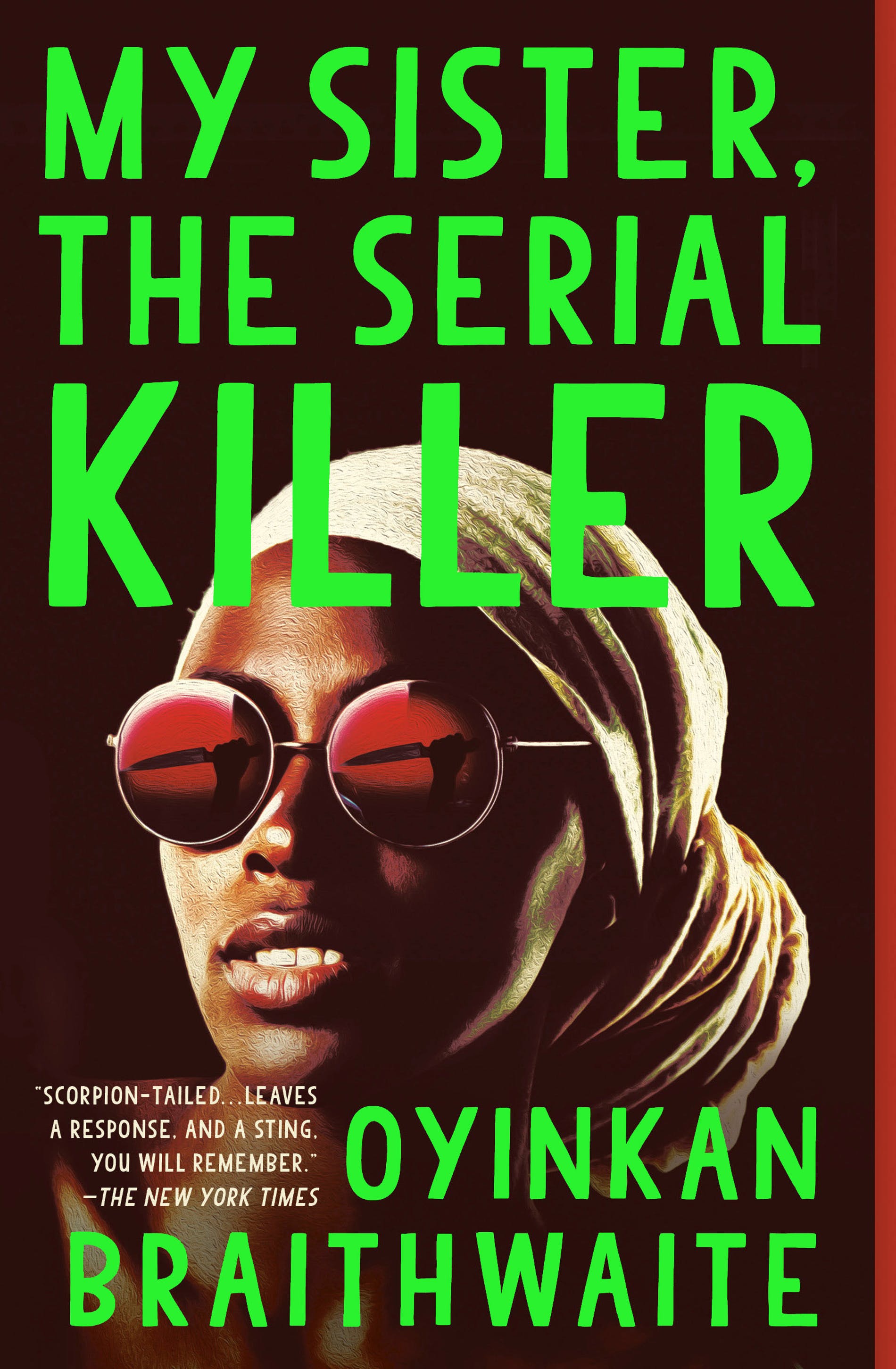
Korede’s sister Ayoola is many things: the favorite child, the beautiful one, possibly sociopathic. And now Ayoola’s third boyfriend in a row is dead, stabbed through the heart with Ayoola’s knife. Korede’s practicality is the sisters’ saving grace. She knows the best solutions for cleaning blood (bleach, bleach, and more bleach), the best way to move a body (wrap it in sheets like a mummy), and she keeps Ayoola from posting pictures to Instagram when she should be mourning her “missing” boyfriend. Not that she gets any credit.
Korede has long been in love with a kind, handsome doctor at the hospital where she works. She dreams of the day when he will realize that she’s exactly what he needs. But when he asks Korede for Ayoola’s phone number, she must reckon with what her sister has become and how far she’s willing to go to protect her.
About the Author
Oyinkan Braithwaite (1988) is a Nigerian-UK novelist and writer. Braithwaite is a graduate of Kingston University in Creative Writing and Law. Following her degree, she worked as an assistant editor at Kachifo Limited, a Nigerian publishing house, and as a production manager at Ajapaworld, a children’s educational and entertainment company. She now works as a freelance writer and editor. In 2014, she was shortlisted as a top-ten spokenword artist in the Eko Poetry Slam, and in 2016 she was a finalist for the Commonwealth Short Story Prize. She lives in Lagos, Nigeria.
"Washington Black” by Esi Edugyan
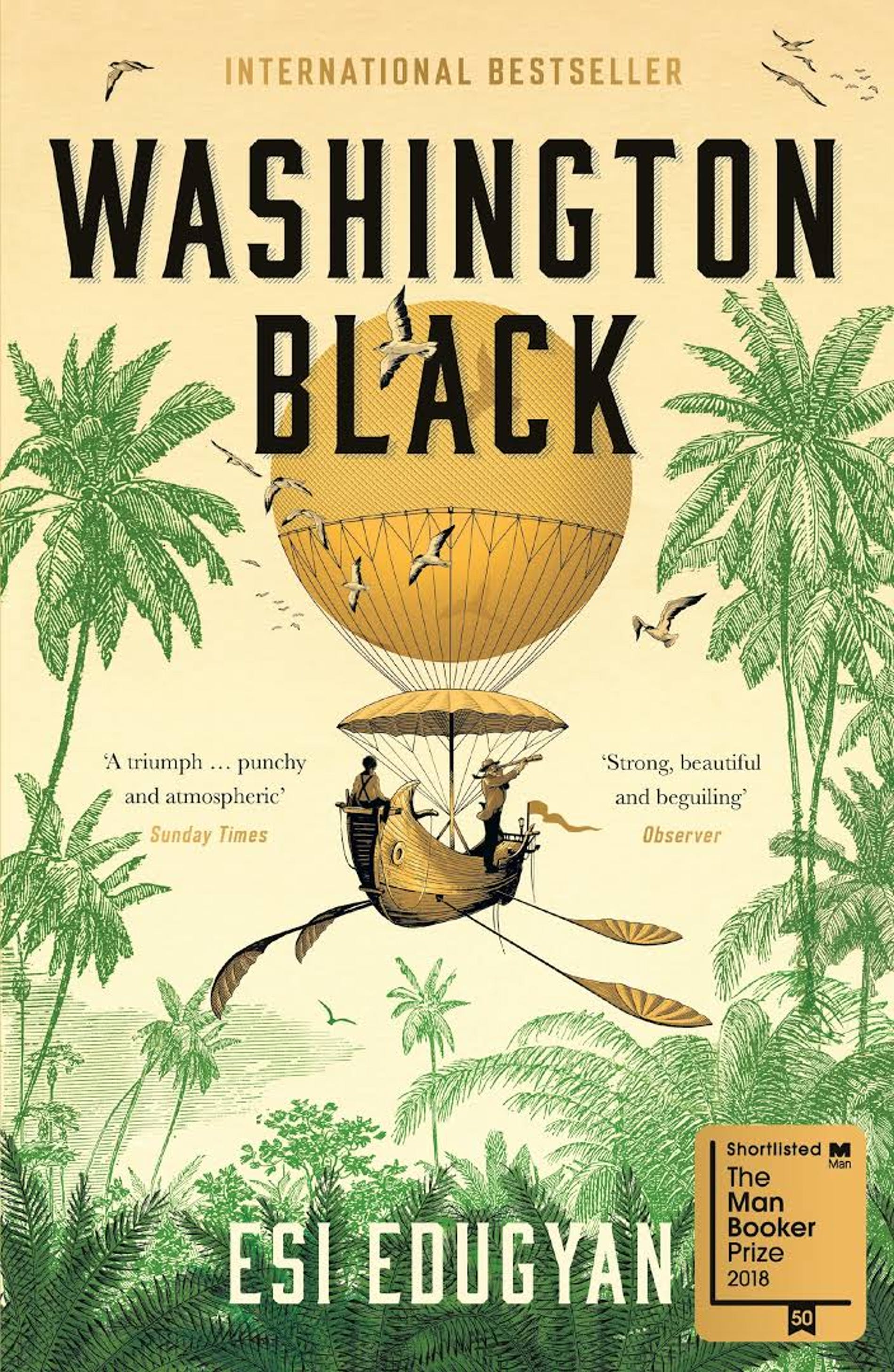
Eleven-year-old George Washington Black - or Wash - a field slave on a Barbados sugar plantation, is initially terrified when he is chosen as the manservant of his master’s brother. To his surprise, however, the eccentric Christopher Wilde turns out to be a naturalist, explorer, inventor, and abolitionist. Soon Wash is initiated into a world where a flying machine can carry a man across the sky, where even a boy born in chains may embrace a life of dignity and meaning, and where two people, separated by an impossible divide, can begin to see each other as human. But when a man is killed and a bounty is placed on Wash’s head, they must abandon everything and flee together. Over the course of their travels, what brings Wash and Christopher together will tear them apart, propelling Wash ever farther across the globe in search of his true self. Spanning the Caribbean to the frozen Far North, London to Morocco, inspired by a true story, Washington Black is a story of self-invention and betrayal, of love and redemption, and of a world destroyed and made whole again.
About the Author
Esi Edugyan (1978) is a Canadian novelist. She is the author of the novels The Second Life of Samuel Tyne and Half-Blood Blues, which won the Scotiabank Giller Prize and was a finalist for the Man Booker Prize, the Governor General’s Literary Award, the Rogers Writers’ Trust Fiction Prize and the Orange Prize. Edugyan lives in Victoria, British Columbia.
“Gutsy Women” by Hillary and Chelsea Clinton
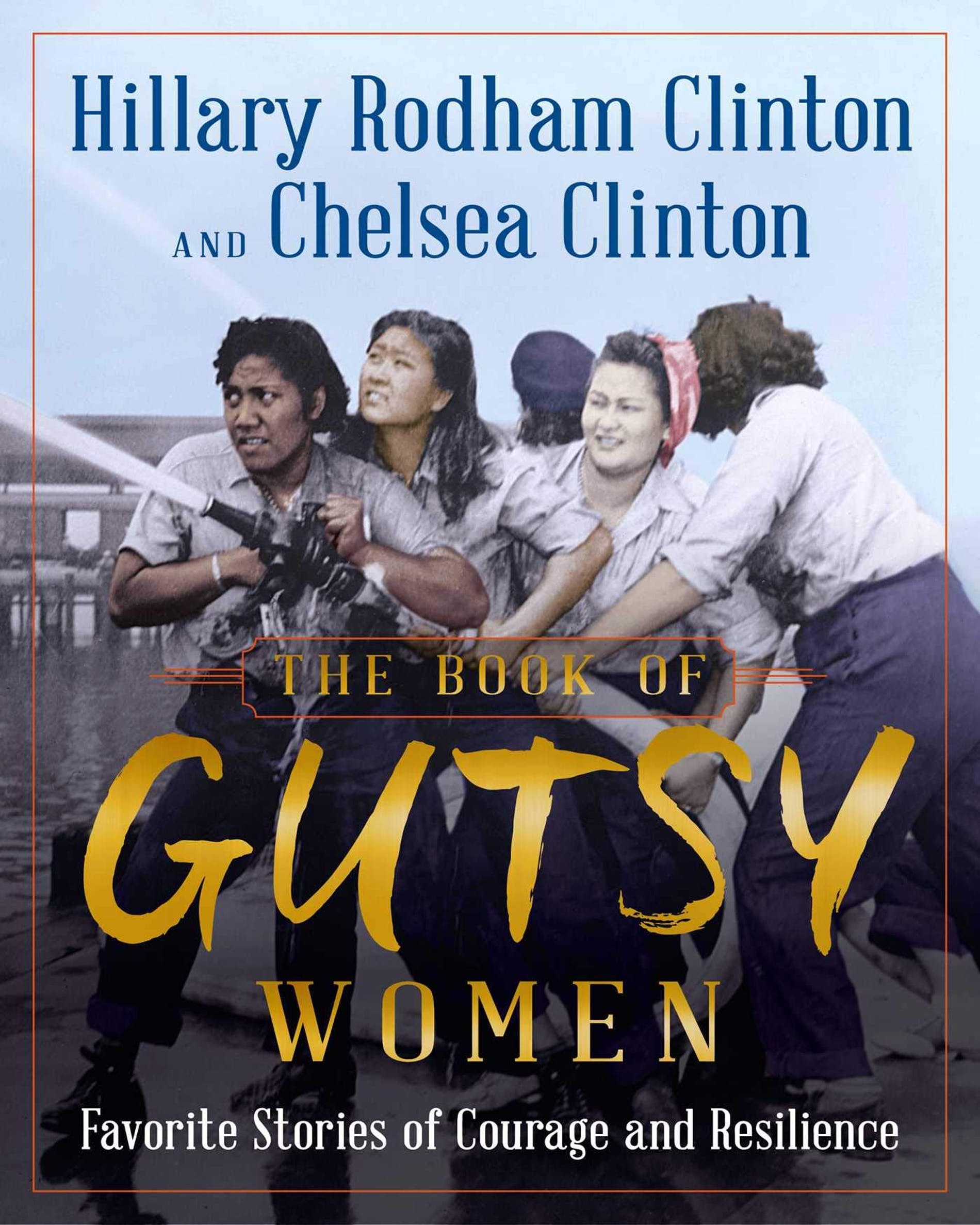
Hillary Rodham Clinton (1947) and her daughter, Chelsea (1980), share the stories of the gutsy women who have inspired them - women with the courage to stand up to the status quo, ask hard questions, and get the job done.
HILLARY: “Growing up, I knew hardly any women who worked outside the home. So I looked to my mother, my teachers, and the pages of Life magazine for inspiration. After learning that Amelia Earhart kept a scrapbook with newspaper articles about successful women in maledominated jobs, I started a scrapbook of my own. Long after I stopped clipping articles, I continued to seek out stories of women who seemed to be redefining what was possible.”
CHELSEA: “This book is the continuation of a conversation the two of us have been having since I was little. For me, too, my mom was a hero; so were my grandmothers. My early teachers were also women. But I grew up in a world very different from theirs. My pediatrician was a woman, and so was the first mayor of Little Rock who I remember from my childhood. Most of my close friends’ moms worked outside the home as nurses, doctors, teachers, professors, and in business. And women were going into space and breaking records here on Earth.
Ensuring the rights and opportunities of women and girls remains a big piece of the unfinished business of the twentyfirst century. While there’s a lot of work to do, we know that throughout history and around the globe women have overcome the toughest resistance imaginable to win victories that have made progress possible for all of us. That is the achievement of each of the women in this book.
So how did they do it? The answers are as unique as the women themselves. Civil rights activist Dorothy Height, LGBTQ trailblazer Edie Windsor, and swimmer Diana Nyad kept pushing forward, no matter what. Writers like Rachel Carson and Chimamanda Ngozi Adichie named something no one had dared talk about before. Historian Mary Beard used wit to open doors that were once closed, and Wangari Maathai, who sparked a movement to plant trees, understood the power of role modeling. Harriet Tubman and Malala Yousafzai looked fear in the face and persevered. Nearly every single one of these women was fiercely optimistic - they had faith that their actions could make a difference. And they were right.
To us, they are all gutsy women - leaders with the courage to stand up to the status quo, ask hard questions, and get the job done. So in the moments when the long haul seems awfully long, we hope you will draw strength from these stories. We do. Because if history shows one thing, it’s that the world needs gutsy women.”
Assambled by Tanja Beljanski

